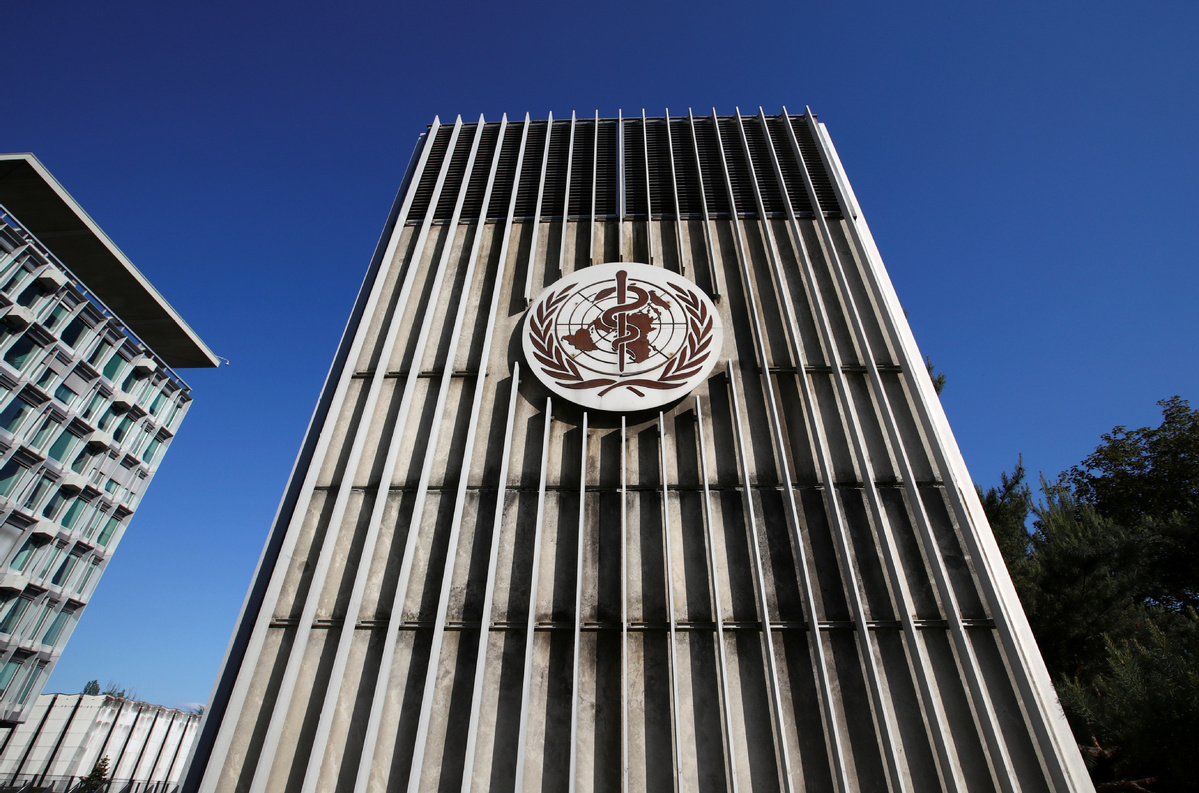
WHO headquarter in Geneva, Switzerland. (File photo: Agencies)
German and French health ministries express opposition to US leading talks
The World Health Organization believes major nations will be able to reach a consensus on how to move forward with global health reform.
The assurance followed news reports that several European countries had quit talks on how the WHO should be reformed amid tension with the United States.
Reuters reported on Friday that France and Germany had left the talks in frustration at attempts by the US to lead them, despite Washington's decision to pull out of the WHO.
The report described the move as a setback for the US president, Donald Trump, because Washington, which holds the rotating chair of the G7 this year, had hoped to issue a common roadmap for a sweeping overhaul of the WHO in September, two months before the 2020 US presidential election.
"We trust that such powerful and capable nations will have consensus around how they wish to approach global health security," Mike Ryan, executive director of WHO's Health Emergencies Program, said during a virtual news conference on Monday.
But he added that the WHO was not participating in that particular discussion.
Ryan said World Health Assembly Resolution 73.1, which was adopted in May, contains a large number of actions to be taken by the WHO and its member states, including a comprehensive evaluation of the pandemic response, and issues around vaccines, surveillance, and other things the world needs to do, both now and in the future.
Ryan noted that the G20, the European Union, and other regional and global bodies have also been discussing global preparedness and how the world could do better in future to stop a pandemic. The entities are also asking how they can invest in long-term solutions.
"So, we are always pleased to have bodies like G7 and G20, EU, ASEAN, and so many others to get together, really get this issue seriously," he said.
A senior European official involved in the talks, quoted by Reuters, said: "Nobody wants to be dragged into a reform process and getting an outline for it from a country which itself just left the WHO."
The US formally started its WHO withdrawal in early July. The process will take a year.
The German and French health ministries confirmed to Reuters that the two countries were opposed to the US leading the talks.
A spokesman for the Italian health ministry said work on the reform document was ongoing and added that Italy's position was in line with Paris and Berlin.
It's unclear whether a G7 summit in the US will go ahead in September as planned. Trump hopes G7 leaders will endorse the US roadmap for WHO reform.
On Monday, Ryan stressed that the novel coronavirus is proving "exceptionally difficult to stop" and "not an easy virus either to detect" especially given that some countries are having influenza and COVID-19 outbreaks at the same time.
While emphasizing the importance of finding the zoonotic source of the virus and understanding how it jumped from animals to humans, Ryan warned that the investigation may take a long time.
He said it has taken decades at times to find such things out with other diseases.
"It took years in the case of MERS. It's never been fully established in the case of SARS," he said.
While the epidemiology probe will start in Wuhan, where the first clusters were reported in late December, Ryan said case zero could have been in another place and time.
"That's why you have to keep an open mind, all hypothesis on the table," he said.


